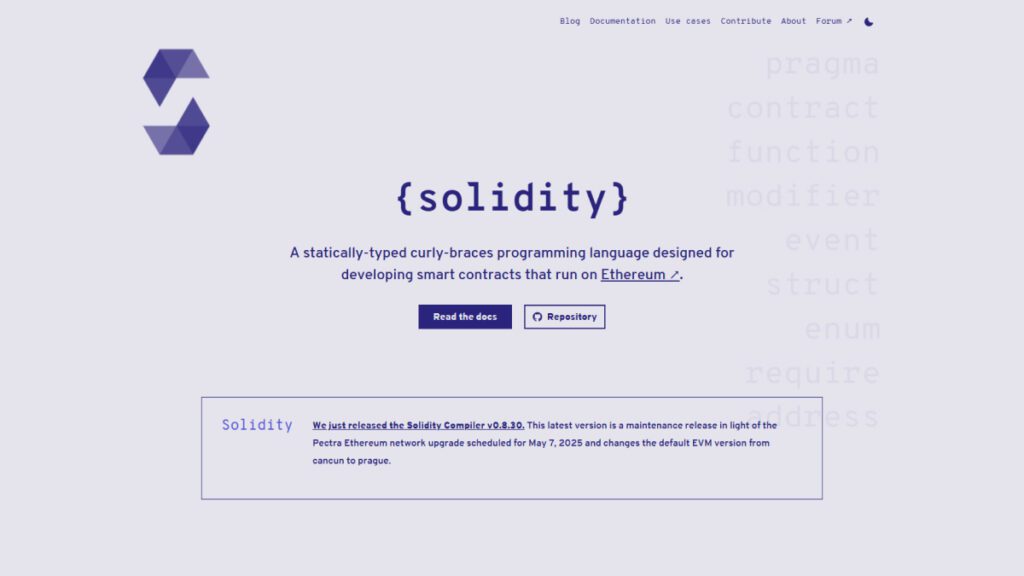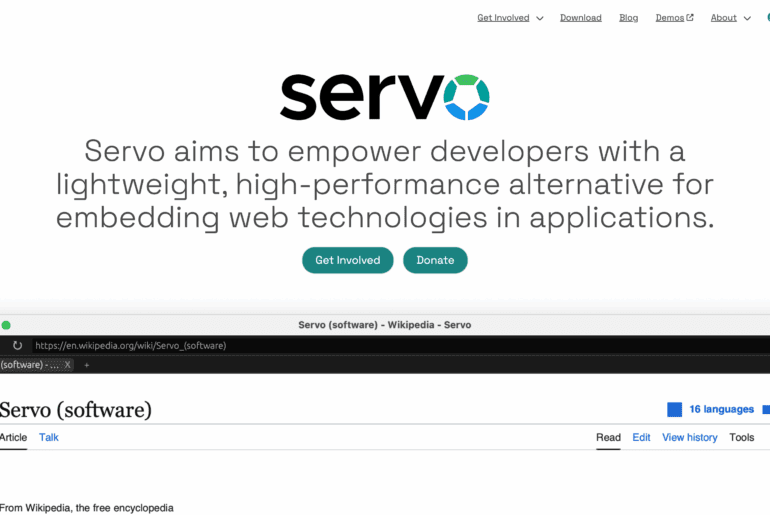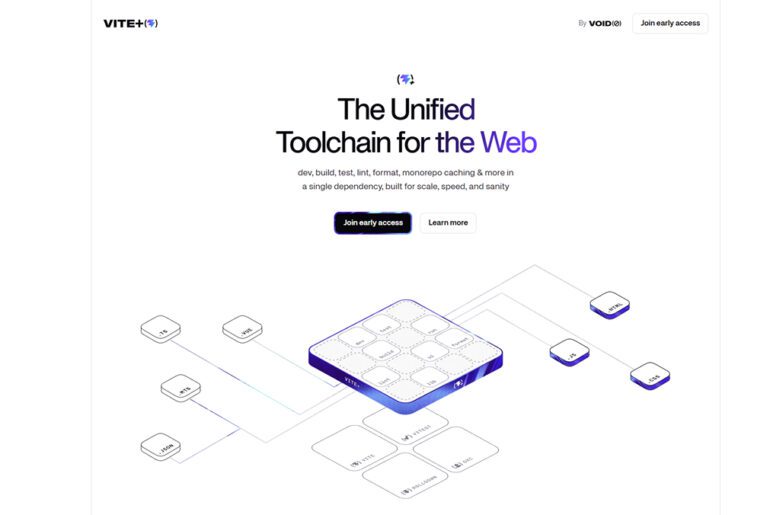Before we bark up a salary tree, let’s clear what “crypto developer” means (and what it doesn’t always mean).
“Crypto developer” is a shorthand, often used interchangeably with “blockchain developer,” “Web3 developer,” or “smart contract engineer.” But in reality there are many flavors:
- Smart contract / protocol engineer — someone writing low-level code for blockchains, consensus, EVM logic, cross-chain bridges, etc.
- DApp / Web3 frontend/backend dev — integrating wallets, interacting with blockchain APIs, building UI/UX over decentralized systems.
- Full-stack Web3 dev — mixing front and back, sometimes handling smart contracts too.
- Infrastructure / node / DevOps roles — building and maintaining blockchain networks, validators, scalability solutions.
- Auditor / security specialist (adjacent but often highly paid) — reviewing smart contract safety, formal verification, adversarial threat modeling.
Each path commands different premiums. So when someone throws around “average crypto dev salary,” it’s a composite of many roles.
So: how much are crypto devs making in 2025?
The short answer is: a lot — but “a lot” covers a wide band.
Here’s what recent data suggests:
| Source / Context | Typical Range / Average |
|---|---|
| Algorand (job insights) | Entry ~ $121,000 → Senior up to ~$187,000 (algorand.co) |
| Web3.Career | ~$150,000/year average, with base minimum ~$78,000, max ~$262,000 (Web3 Jobs) |
| Metana / Web3 salary overview | $80,000 → $300,000+ depending on specialization (Metana) |
| BuiltIn (US, blockchain dev) | Base ~$127,025, with additional comp pushes total ~ $133,597 (Built In) |
| Glassdoor (US) | ~$133,850 average in the U.S. (Glassdoor) |
| BlockchainMagazine / salary guides | $120,000–$180,000 for typical devs, $200k+ for top performers (Blockchain Magazine) |
| JKCP (C++ blockchain devs) | ~$104/hour average, which maps to ~$216,000+ if full time (jkcp) |
| TheCryptoRecruiters | $120,000–$190,000 as a usual span depending on experience (The Crypto Recruiters) |
Putting those together, one might confidently estimate that in the U.S. and other high-paying markets, typical mid to senior blockchain/Web3 devs are earning between ~ $120,000 and $200,000+ (USD), not counting equity, tokens, bonuses, or project incentives.
In global markets (outside U.S./Western Europe), the same skills may command lower base pay but with remote roles and token allocations, the total compensation can still be substantial.
Why the spread is so wide (i.e. what drives the variance)

If it feels like “crypto dev salary” is elastic to a fault, that’s because it is. Several levers push it up or down:
1. Experience & track record
A dev with 1–2 years of Web3 experience (or even transitioning from Web2) might command $80,000–$120,000 in many markets. But someone with 5+ years building protocols, bridges, or auditing smart contracts can push well north of $200,000 or more.
2. Specialization & tech stack
- Deep protocol / Layer-1 work, consensus, zero-knowledge proofs, cryptography, cross-chain bridging — these often command premiums.
- Smart contract work (Solidity, Rust, etc.) tends to be in high demand.
- Infrastructure / DevOps roles in blockchain have a different curve.
- UI/UX Web3 dev is valuable but often doesn’t carry quite as steep a premium as protocol work.
3. Geography & remote / location premiums
Developers in Silicon Valley, New York, or other high-cost tech hubs often have base pay that’s inflated to match living costs. Remote roles sometimes adjust pay to your local cost of living (or sometimes they don’t).
For example, BuiltIn reports that remote blockchain developers sometimes make ~$217,500 average in U.S.-driven remote comp environments.
In lower-cost countries, base salaries might look modest by U.S. standards, but token/bonus opportunities can tilt the balance.
4. Token / equity / bonuses / upside
One of the key differentiators in crypto is that compensation is often not just salary:
- Many devs receive tokens or coins in the protocol or project they build. If the token does well, that upside can sometimes dwarf base salary.
- Equity or revenue-sharing models might also apply.
- Bonuses or grant rounds, staking rewards, or performance incentives (e.g. for gas/throughput optimization) are common in Web3 hiring.
Thus, a developer accepting lower base could end up with much higher total earnings — or risk depending on volatile token price.
5. Company maturity & funding stage
- Early-stage startups might pay less base but compensate more with token or upside.
- Well-established companies (crypto exchanges, large DeFi protocols, Layer-1s) may offer more stable salary + benefits + token packages.
- Non-crypto incumbents (banks, big tech) that integrate blockchain might offer more conservative comp.
6. Supply, demand, and hiring competition
The pool of developers with deep blockchain knowledge is smaller than in general software development. Demand is still spiking. Projects with hot use-cases (bridge, cross-chain, ZK, scaling) often offer higher pay to attract talent.
Estimates suggest the blockchain developer market may grow ~23% annually in the coming years.
Breaking it down: rough salary bands in 2025 (USD)
Here’s a ballpark segmentation, based on current data and anecdotal trends. These are not guarantees, but a way to orient your expectations.
| Tier | Approx Base Salary Range | Role Types / Notes |
|---|---|---|
| Junior / early-career | ~$80,000 – $120,000 | Developers transitioning from Web2 or new to blockchain |
| Mid-level / established | ~$120,000 – $160,000 | Solid experience, some protocol / smart contract work |
| Senior / specialist | ~$160,000 – $220,000+ | Protocol dev, cross-chain, auditing, critical infrastructure |
| Lead / principal / architecture roles | $200,000 – $300,000+ | Leading teams, designing systems, large scope, token + equity upside |
Plus—don’t forget—tokens, equity, profit sharing, or deferred comp can push the real earning well beyond the base line.
A caveat: regional and global context matters
In many countries outside the U.S./Western Europe, base salaries tend to be lower. But because blockchain and Web3 work is highly remote-enabled, devs in lower-cost geographies can sometimes earn “global rates.”
For example:
- In India, blockchain devs might base salary in the ~₹8–20 lakh range ($10,000–$25,000) for certain roles.
- In Europe, salaries tend to sit somewhere between U.S. and local benchmarks — e.g. £60,000–£120,000 in the U.K.
- In Southeast Asia or Latin America, base pay might be lower, but remote roles and token upside can help bridge gaps.
As a rough global number, CryptoJobsList puts the “average blockchain developer (global)” at $84,057/year via self-reported submissions.
Thus, if you’re living outside the U.S., your base might look modest — but your opportunity for upside may compensate for that.
Some real examples (anecdotes and data points)
- An Ethereum dev role in Web3.Career lists base ~ $197,000 in 2025 for specialized talent. (Web3 Jobs)
- Dapp University asserts that many blockchain devs make between $150,000 and $175,000/year in salaried roles. (Dapp University)
- TheCryptoRecruiters claims that a “crypto developer” may get between $150,000 and $260,000 in certain settings. (The Crypto Recruiters)
- JKCP shows that a C++ blockchain dev might bill ~$104/hour — which, as full-time work, can translate into a six-figure salary. (jkcp)
These match the general picture: high upside, wide variance, and a strong tilt toward rewarding specialization.
Is it worth the risk? Challenges & trade-offs

Sure, the numbers look juicy. But let me walk you through some of the bumps:
- Volatility: If a big chunk of your comp is tokens, you’re exposed to market swings. One month you’re flush, next you’re riding a bear market.
- Burnout / high expectations: Web3 often moves fast; security demands are high; mistakes are expensive (both functionally and reputationally).
- Talent arms race: As more devs flood in, the premium for “just average” talent may soften.
- Regulation & legal risk: Crypto is under scrutiny globally. Projects may get shut down or change direction, affecting your comp.
- Overhead of learning curve: To remain competitive, you often need to stay up to date in cryptography, new chains, consensus methods, which can be draining.
But for many, the upside offsets those risks — especially when token gains outperform a conventional raise.
Tips if you’re eyeing a jump into crypto dev
- Start small: contribute to open-source, write simple contracts, play in testnets.
- Build a portfolio: your GitHub, public audits, published smart contracts give signals to hiring managers.
- Learn critical toolkits: languages like Solidity, Rust; frameworks like Hardhat or Foundry; dev tools like ethers.js, Web3.js; knowledge in consensus, zero-knowledge proofs, bridges, layer-2 systems.
- Negotiate not just base pay — push for token grants / equity / bonus structures.
- Keep a balanced view of risk vs reward: if much of your comp is volatile, hedge accordingly with stable income sources or savings.
Final thoughts (and a reality check)
If you asked me, “Can someone realistically make $200K+ as a crypto developer in 2025?” — yes, absolutely. Many already are. But that’s not the average for everyone; it’s the upper band for strong, specialized talent in mature markets.
A solid working estimate: mid-to-senior crypto devs in the U.S. are often making $120,000 to $200,000+ base, plus token or equity upside. In other parts of the world, you’d scale that to local norms but possibly capture global comps through remote work.
So if you’re a web developer considering a switch to blockchain work — go for it. The financial upside is real. Just be smart about which projects you pick, how you negotiate your compensation, and how you manage risk.










